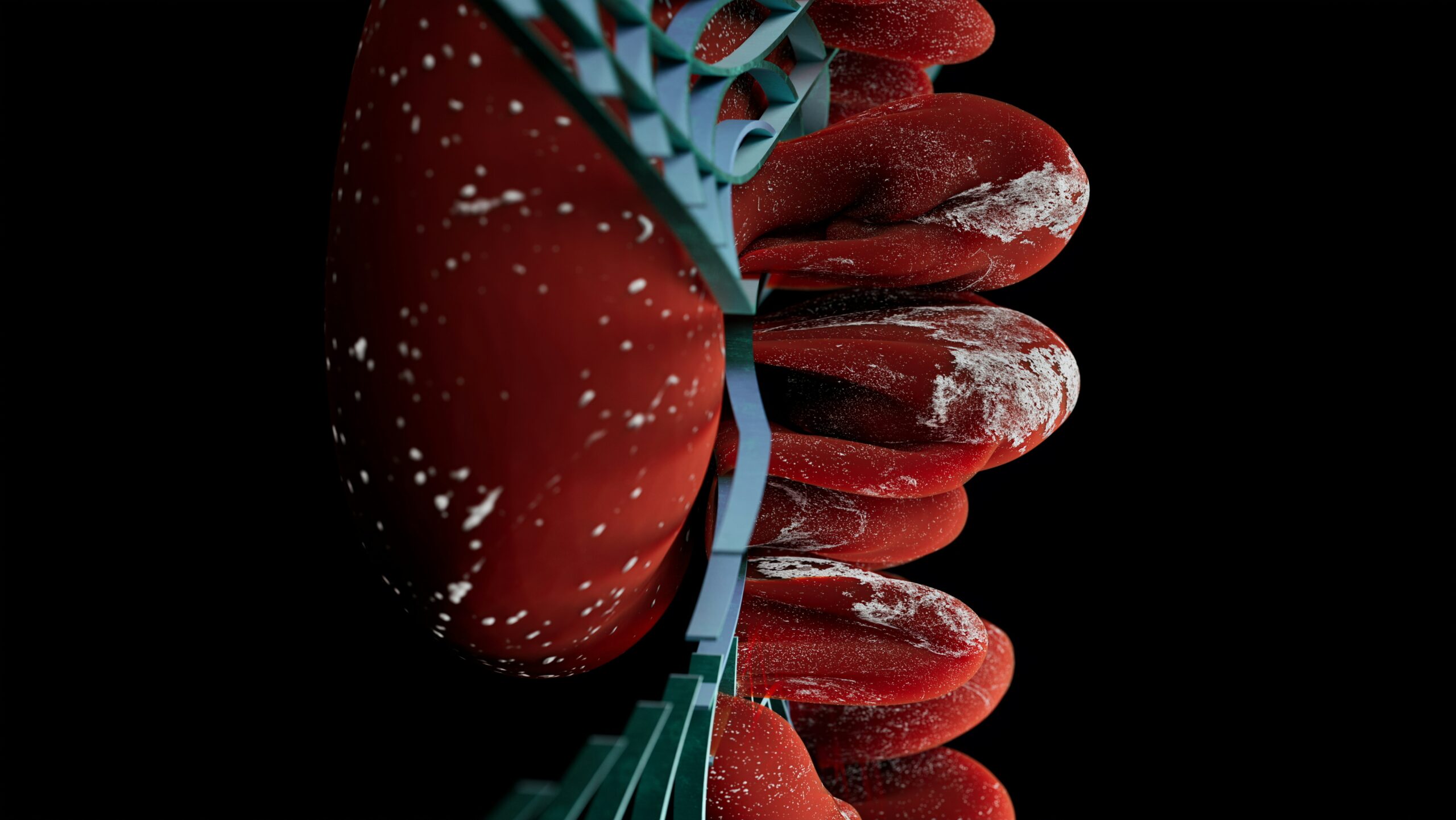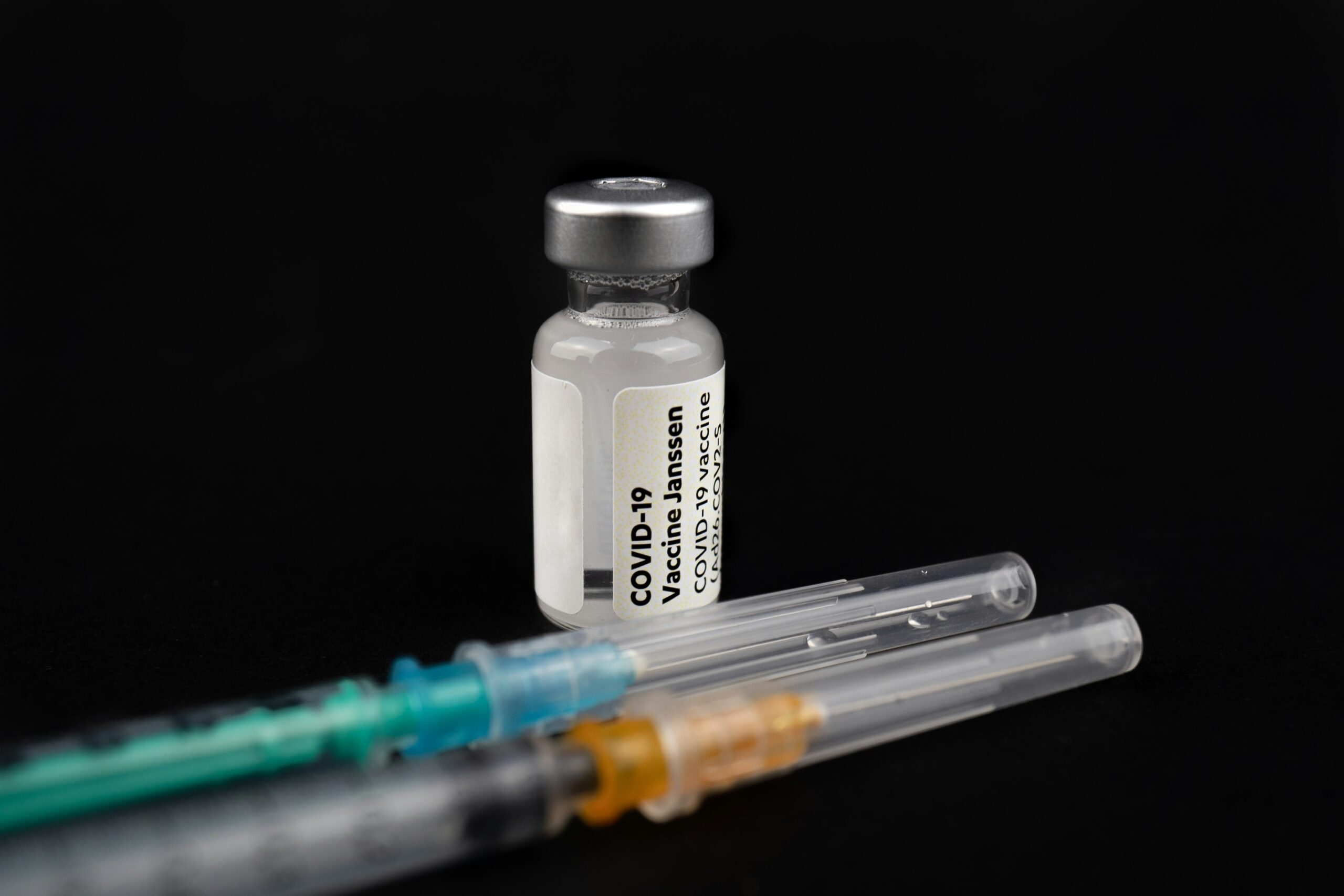Ever spent hours at the gym, lifting weights and chasing muscle growth but still felt like you’re getting nowhere? If so, it’s time to talk about l-carnitine, the weight loss supplement that’s been making waves in the health & wellness space. But here’s the real question: Can this little-known amino acid compound actually boost your muscle gains while aiding fat loss?
In this post, we’ll dive deep into how l-carnitine works for muscle growth, its benefits, science-backed tips on using it effectively, and even a rant or two about common misconceptions. You’ll also learn some *terrible advice* to avoid (hint: more isn’t always better). Let’s pump those iron ambitions with facts—not fads!
Table of Contents:
- What is L-Carnitine?
- How Does L-Carnitine Support Muscle Growth?
- Step-by-Step Guide to Using L-Carnitine Effectively
- Best Practices for Combining L-Carnitine with Your Fitness Routine
- Real Results: Success Stories from Athletes Who Swear by It
- FAQs About L-Carnitine and Muscle Growth
Key Takeaways:
- L-carnitine plays a critical role in energy production, which supports muscle recovery and growth.
- It helps burn fat as fuel, indirectly enhancing athletic performance.
- You don’t need massive doses—moderation is key when taking supplements.
- Pair it with resistance training for maximum results.
What Exactly Is L-Carnitine?
Let me start by confessing something embarrassing: A few years ago, I thought “l-carnitine” was just another expensive bottle collecting dust under my sink. Turns out, I was hilariously wrong.
L-carnitine is an amino acid derivative found naturally in animal products like meat and dairy. Its primary job? Transporting fatty acids into mitochondria—the powerhouses of your cells—to be burned for energy. Think of it as UberEats for your body’s fat stores.

While most people associate it with weight loss, research shows it has potential benefits for endurance athletes and anyone focused on muscle growth.
How Does L-Carnitine Boost Muscle Growth?
Alrighty, let’s break down the science without making your brain feel like overcooked noodles:
- Energy Production: By shuttling fatty acids into mitochondria, l-carnitine ramps up ATP production—your muscles’ main source of fuel during workouts.
- Recovery Enhancement: Studies suggest it reduces muscle soreness after exercise, meaning you can hit the gym harder more often.
- Reduced Fatigue: More efficient energy use means longer sessions without feeling like a deflated balloon.
If you’re trying to build muscle, these perks are practically chef’s kiss.
Step-by-Step Guide to Leveraging L-Carnitine for Muscle Growth
“Optimist You:” ‘Oh great! Just pop a pill, and boom—six-pack abs, right?’
“Grumpy Me:” ‘Sit down, champ. There’s a bit more to it.’ Here’s how to do it properly:
Step 1: Choose the Right Form
Not all l-carnitine types are created equal. Popular forms include:
- L-Carnitine Tartrate: Best for post-workout recovery.
- Acetyl-L-Carnitine (ALCAR): Ideal for brain function alongside physical performance.
Step 2: Time Your Doses Wisely
Taking 500mg–2g daily around workout times yields optimal results. Stack it pre- or post-workout to enhance both strength and recovery.
Step 3: Pair with Resistance Training
L-Carnitine shines brightest when paired with targeted exercises like squats, deadlifts, or bicep curls. So sorry, couch potatoes—it’s not magic.

Best Practices for Maximizing Results
Here’s where things get spicy:
- Eat balanced meals rich in protein, complex carbs, and healthy fats to support your efforts.
- Avoid going overboard. Taking excessive amounts won’t give faster results; it’ll likely leave you with nausea instead (yuck).
- Stay consistent. Supplements work best when they become part of your long-term routine.
From Skinny to Shredded: Real Success Stories
Meet Sarah, a 32-year-old fitness enthusiast who struggled with plateauing muscle gains despite her relentless gym grind. After adding l-carnitine to her regimen, she noticed improved stamina during leg day and less DOMS (delayed onset muscle soreness) afterward. Within six months, she had gained noticeable lean mass—and trust me, her Instagram selfies prove it.

Frequently Asked Questions About L-Carnitine and Muscle Growth
Q: Will l-carnitine alone make me gain muscle?
Absolutely not. To see results, pair it with proper diet and exercise. Supplements amplify—not replace—hard work.
Q: Are there side effects?
Possible mild side effects include nausea or diarrhea if taken excessively. Stick to moderate doses.
Q: Can vegetarians benefit from l-carnitine?
Definitely! Since plant-based diets tend to lack natural sources of l-carnitine, supplementation could be beneficial.
Conclusion
To recap, l-carnitine offers promising support for muscle growth, particularly through enhanced energy availability and reduced recovery times. Just remember—it’s no silver bullet. Combine it strategically with diet, training, and patience to truly transform your physique.
And hey, one last thing: Always consult a healthcare pro before starting any new supplement. Because, well, doing so is literally adulting 101.
P.S. Like Pokémon cards back in the ’90s, consistency is the secret sauce to achieving your goals. Gotta train ’em all!

